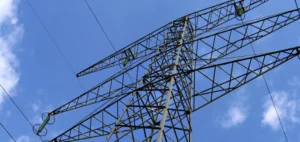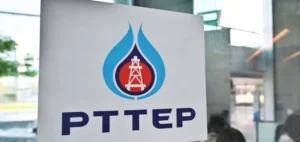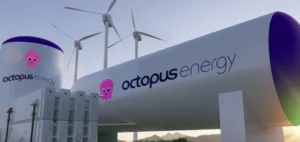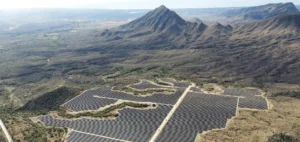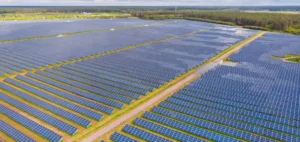The global demand for oil is at the center of divergent forecasts from major energy companies, particularly TotalEnergies and BP, two key players in the sector. In its latest annual report published on November 4, 2024, TotalEnergies predicts an oil demand peak after 2030, attributing this later timeline to factors such as population growth, delayed investments in electric infrastructure, and a slower-than-expected adoption of electric vehicles. These elements stand in contrast to BP’s forecast, which anticipates a peak as early as 2025.
TotalEnergies’ Three Scenarios
TotalEnergies outlines three distinct scenarios for the future of oil demand through 2050:
1. **Current Trends**: In this scenario, global oil consumption would continue to grow, reaching approximately 90 million barrels per day (Mb/d) by 2050, with a peak expected after 2035. This perspective assumes a continuation of current practices and trends.
2. **”Momentum” Scenario**: Here, global oil demand would peak shortly after 2030 before gradually declining to around 70 Mb/d by 2050. This scenario envisions a moderate energy transition, with technological advancements and behavioral changes, but at a slower pace.
3. **”Breakthrough” Scenario**: Aligned with the Paris Agreement goals, this scenario forecasts a peak in global oil demand before 2030, followed by a marked drop to 44 Mb/d by 2050. In this case, countries would adopt stricter decarbonization policies and increase investments in renewable energies.
Natural Decline and New Oil Projects
Despite recognizing a future demand peak, TotalEnergies emphasizes the necessity of continued investment in new oil and gas projects. The company points out that the natural decline of existing oil fields, estimated at around 4% per year, creates pressure to maintain sufficient production. According to TotalEnergies, offsetting this decline requires ongoing investments in mature, affordable technologies, such as gas plants and renewables, to gradually replace currently operating coal-fired plants.
CO₂ Capture and Storage, a Key Technology
TotalEnergies also places significant hope in carbon capture and storage (CCS) technologies, along with the development of hydrogen fuel cell electric vehicles, which it estimates could play a substantial role as early as the 2030s. The company sees these technologies as critical to achieving global climate objectives while supporting the energy transition, particularly in hard-to-decarbonize sectors.
The United States and China as Major Transition Players
TotalEnergies identifies the United States and China as potential leaders in the global energy transition. The United States, with its investment capacity and domestic energy production, is seen as a possible leader in electrification and decarbonization. Meanwhile, China could accelerate the transition by heavily investing in renewable energy and adopting stricter environmental policies.
Diverging Oil Sector Forecasts
TotalEnergies’ forecasts contrast with more conservative perspectives from the International Energy Agency (IEA) and the Organization of the Petroleum Exporting Countries (OPEC). The IEA recently downgraded its oil demand growth forecast for 2024 and 2025 due to rapid adoption of renewables and economic slowdowns in China. The agency anticipates a demand growth of 1.2 Mb/d in 2024, down from 1.3 Mb/d. Similarly, OPEC has reduced its 2024 demand growth estimates, citing decreased demand in China.
These divergent forecasts underscore the uncertainty surrounding the future of global oil demand as energy industry players work to adapt to economic dynamics and technological innovations. For TotalEnergies, balancing current energy needs with CO₂ emission reduction goals remains crucial, making the deployment of hybrid technological solutions increasingly strategic.


